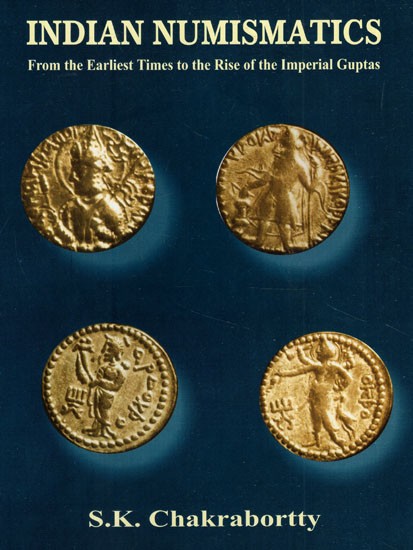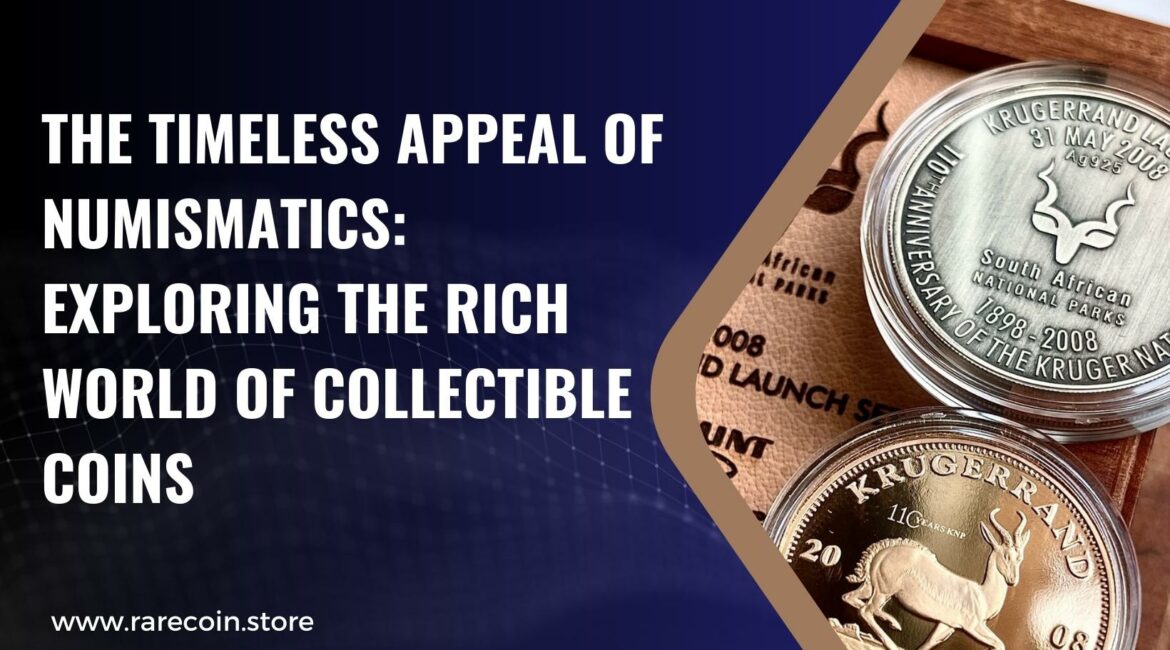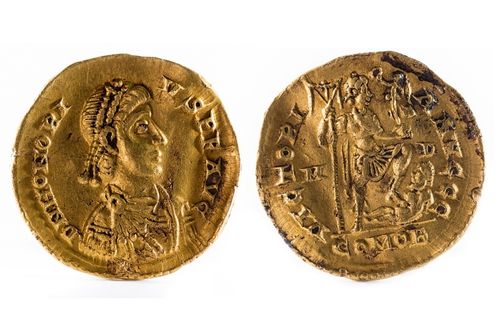Excellent News To Choosing Banknote Value And Silver
Wiki Article
How Can I Make Use Of An Numismatics Database To Investigate Global And Regional Association?
To conduct such research, follow this strategy: An organized approach is provided to aid you in this kind of research. JSTOR, as well as other academic databases and repositories offer access to academic papers and conference proceedings.
Define Research Focus: Specify your research objectives. Are you interested to know more about the global numismatic associations' history, activities regional cooperations conference and publications Are you searching for a specific topic in numismatics that is which is being discussed by the associations? Find out the purpose of your search.
Search Strategy: Use keywords like "numismatic" or "global" and include specific names of organizations, geographic regions or other geographical regions when appropriate. You can also use advanced search to filter results according to date, types of documents (such as association newsletters or conference papers) and geographical scope.
Data collection access Information on the history and mission, membership publications, and other activities of global and region societies for numismatics. Look for details on past and forthcoming conferences, workshops, and collaborative research projects. Browse databases with information on members, leadership of associations, and contact details.
Examine data to determine their role and impact. Study how these organizations help advance knowledge in numismatics, facilitate international collaborations, distribute information through conferences and publications and encourage international collaborations.
Cross-Reference: Check the authenticity of your data by comparing it to other databases and sources. Examine the projects and activities of various associations to get a more comprehensive picture of the global and regional developments in Numismatics.
Documentation. Document your findings from research, citing each source and detailing the methods you used. Keep track of the specifics of the databases you accessed as well as the search terms you utilized as well as the importance each source has to your research question.
Stay up-to-date: Numismatic organizations are constantly evolving with new publications, as well as conferences. They also collaborate on various projects. Stay up to date by following updates on the websites of association Newsletters, newsletters and scholarly databases for the latest developments in both regional and global numismatics.
Utilize these tips to use databases efficiently to study the numismatics field and its global and regional associations. This approach enables a thorough analysis of the structure of organizations as well as the scholarly and collaborative efforts that shape the numismatic field on both an international and regional scale. See the recommended i loved this on banknote forum for more tips including treasury, silver, numismatic value, banknote forum, coin magazine, coin series, money, legal tender, currency forum, currency catalog and more.

What Can I Do To Find Out More About Numismatics Particularly In Relation To Exhibitions Or Show Events By Using The Numismatics Database?
To conduct research about exhibitions and shows in the field of numismatics, it is necessary to use databases that contain information about numismatic events, like conferences, exhibitions and other related events. This is a structured method for conducting such research. Examples include websites of the major numismatic societies like the American Numismatic Association (ANA) websites that list the numismatic activities happening around the world, or museum exhibition archives.
Define Research Focus: Specify your research objectives. Are you seeking out forthcoming and past numismatic shows or conferences related to this topic, regional coin shows, themed exhibitions or educational programs? Make sure you are able to find the right event for you.
Search Strategy: Include keywords like "numismatic exhibitions," coin shows," or "numismatic event" and, if applicable, include the names of topics, events, locations or any other pertinent details. Sort results by advanced search options. This includes filtering by date, event types (such as exhibitions and conferences) and geographical regions.
Data collection: Gather information about upcoming and previous exhibitions and numismatic events. Find out information like event dates and venues organizers, themes or locations and featured collections, exhibitor participation, or publications or catalogs. Search databases for virtual tours and digital access to exhibit materials.
Analyze: Examine your data to identify subjects, educational goals and prevailing trends in numismatic shows and events. Evaluation: Assess the impact of different shows and exhibits to promoting awareness of the numismatics.
Cross-Referencing. Make sure that the information you have is true by comparing it with other databases, listings of events, and official websites. This ensures accuracy and completeness in your research, providing an extensive overview of numismatic exhibition activities globally.
Documentation. Document your findings from research by citing sources and recording any methodology you employed. Keep track of the details like the databases you've used and the search terms you used and the relevance of these to your research questions.
Be informed: Numismatics are an ever-changing industry with a constant stream of new events including exhibitions, talks, and conferences. Stay current by monitoring updates from numismatic societies, event organizers, as well as specialized databases to get the most up-to-date information on upcoming events.
These steps can help you discover numismatics in databases related to events and exhibitions. This approach allows a detailed analysis of the variety in educational and cultural values as well as academic value of numismatic exhibitions and events all over the world. View the most popular franc hints for site advice including treasury, coin pressing, coin club, dinar, numismatic investment, coin marketplace, currency exhibition, legal tender, currency, coin engraving and more.

How Do I Search For Numismatics Related To Collectors In An Online Database?
Here's a method for conducting this type of research: Database Selection: Choose databases that specialize in collector profiles, numismatic collections as well as numismatic societies and interest in collectors. This is a method that can be structured to conduct this research. Database Selection: Select databases that specialize in collecting profiles, numismatics and numismatic societies. There are a myriad of examples, including online collector forums as well as websites of numismatic societies (such the American Numismatic Association), as well as collections databases and research platforms that specialize in numismatics.
Define Research Focus: Specify your research objectives. Are you seeking to understand the collection interests of a specific collectors, the formation of notable collections, trends in numismatic collecting or the cultural and historical motives for collecting practices? Find out the key to your search.
Search strategy: Choose keywords that describe collectors, such as "numismatic" or "collector profiles" Add specific names of collectors when required. Use advanced search options to filter results by dates, specialties in collecting (such as ancient coins exonumia, paper currency, etc.) and membership in numismatic societies.
Data Collection: Get access to information on collectors. Information includes biographies and collection-related interests, as well as noteworthy acquisitions, as well as contributions to community activities, or academic research in the field of numismatics. Gather information on the dispersion and creation of noteworthy collections. Included are auction results, catalog entries and details about their origins.
Analyze: Use the data to determine the influences and motives for collecting numismatics. Examine the ways collectors have an impact on trends in collecting and market demand. They can also help preserve numismatics knowledge by exhibiting, publishing or by implementing educational projects.
Cross-Referencing. Verify what you have discovered by comparing it with information in different databases, numismatic publications, and auction archives. This will ensure that your research will be accurate and thorough, and provides a greater understanding of the roles and contributions played by collectors working in the field of numismatics.
Documentation - Record your research findings in a systematic manner including sources and the methods you used. Keep track of details on the databases you have accessed, search terms used, and the relevance of every source you use to answer your research needs.
Keep up-to-date: Numismatic trends and collection interest shift as time passes. Stay current by checking updates on collector forums and publications from numismatic societies and specialized databases.
If you follow these steps, you'll be able to effectively make use of databases to research the relationship between numismatics and collectors. This approach allows for an exhaustive study of the motives, motivations and contribution of collectors in the world of numismatics. It also provides valuable information about the historical and cultural dimensions of collecting. Take a look at the top dirham for site recommendations including quarter, pound, coin edge, bullion, central bank, coin value, banknote value, forint, coin design, gold coins and more.

How Do I Search For Numismatics Journals And Publications By Using A Database Of Numismatics?
For numismatics research in publications and journals with a focus on numismatic literature and articles such as historic publications and academic journals are the best. This is a methodical way to conduct such research: Database selection: Select databases that specialize in publications that are numismatic journal, scholarly journals, as well as academic papers. There are online databases, like JSTOR as well as Google Scholar, to find numismatic publications, journals, and articles.
Define Research Focus: Specify your research objectives. Do you want to know more about the history of numismatics or specific types of coins? Are more interested in the historical aspects of coinage or varieties from a specific period or coin type? Make sure you know what you are looking for in order to direct your search.
Search Strategy: Make use of keywords such as "numismatics," "numismatic publications," "numismatic journals," and add specific topics or coin types (such as ancient coins medieval coins or modern coins) if applicable. Use advanced search options to filter results by date, publication type (articles books, conferences, papers) and author affiliations.
Data Collection: Access data from numismatic magazines as well as publications. Gather information like the titles of articles, the authors abstracts, publication dates and abstracts. Look up databases for full-text content and digital archives of numismatic historical magazines.
Analysis: Analyze your data to better understand the current research trends and academic contributions made by numismatics. Analyze the methods employed in numismatic research, the interpretations of the iconography and symbols used in coinage, numismatic cataloging standards, and the evolution of numismatic research over time.
Cross-Referencing: Verify your research findings by comparing information across multiple databases, numismatic journal, library catalogs and institutional repositories. This helps to ensure your work is comprehensive and precise, giving you a better understanding of the breadth and depth of the numismatics literature.
Documentation: Record systematically your findings, citing sources, and noting techniques used. Keep track of the details like the databases you've accessed and the search terms you used and their connection to your research questions.
Numismatic research and publications keep developing as new discoveries are made and new interpretations are given. Monitor updates from numismatic journals, academic databases, and society for numismatics to keep up-to-date with the most current research and publications on numismatics.
Databases can be utilized effectively and effective by following these steps. This approach enables a comprehensive investigation into the scholarly contributions to research methodology, as well as historical insights that are provided by the numismatic literature offering valuable resources for understanding the complexities and diversity of coinage research across various time periods and different cultures. Read the most popular great post to read for site info including rare banknotes, rial, banknote, currency grading, commemorative, coin magazine, legal tender, bank, central bank, obsolete currency and more.

How Can I Utilize Numismatics To Discover Opportunities To Network?
The study of numismatics in relation to networking opportunities involves utilizing platforms and databases that enable connections among collectors, dealers as well as scholars and other enthusiasts in the numismatic world. Here's a method for conducting such research: Databases and Platforms: Select databases that focus on numismatic networks. This includes numismatic websites, online communities (such as CoinTalk or Reddit’s r/Coins) professional networking platforms and social media networks.
Definition of Research Focus: Specify your objectives for networking. Are you seeking to connect with collectors, share data and experience, work with dealers on acquisitions, sales, or collaborate with researchers on research projects? Set out your objectives to help you find the right match.
Search Strategy: Use keywords such as "numismatic networking,"" "coin collectors ' forums," "numismatic social media networks," and also include your particular interests or geographical regions where applicable. Use the search function within the platform to locate appropriate forums, groups, and events.
Data Collection Access to information on the opportunities for networking within numismatic communities. Collect details like description of the group, benefits for members (such the ability to participate in events and discussions), upcoming events and profiles of key organizers and influential people.
Analysis: Examine and pinpoint relevant networking opportunities and channels. Examine the participation levels and frequency, diversity, and potential for collaboration of forums and groups.
Cross-Reference: Verify the data you've gathered by comparing it with other databases, websites belonging to societies for numismatics, social media groups and professional networks. This ensures you identify extensive networking opportunities across various areas and platforms.
Engagement: Engage in conversations with certain networks. Participate in discussion and ask questions. Contribute your knowledge. Make connections with fellow collectors to build your network. Exchange valuable numismatic data.
Documentation - Document your experiences in networking, noting which platforms you used, which groups you joined, the events you attended, as well as contacts that were established. Keep track of opportunities explored and the results achieved through your networking efforts.
You can use databases to discover numismatic opportunities by following these simple steps. This approach allows you to expand your personal or professional network in the world of numismatics through collaborations and knowledge exchange as well as participation in numismatic-related events. Check out the top coin planchet for blog examples including coin blank, banknote, coin news, coin mintmark, banknote news, banknote expo, commemorative, krona, numismatics, coin history and more.